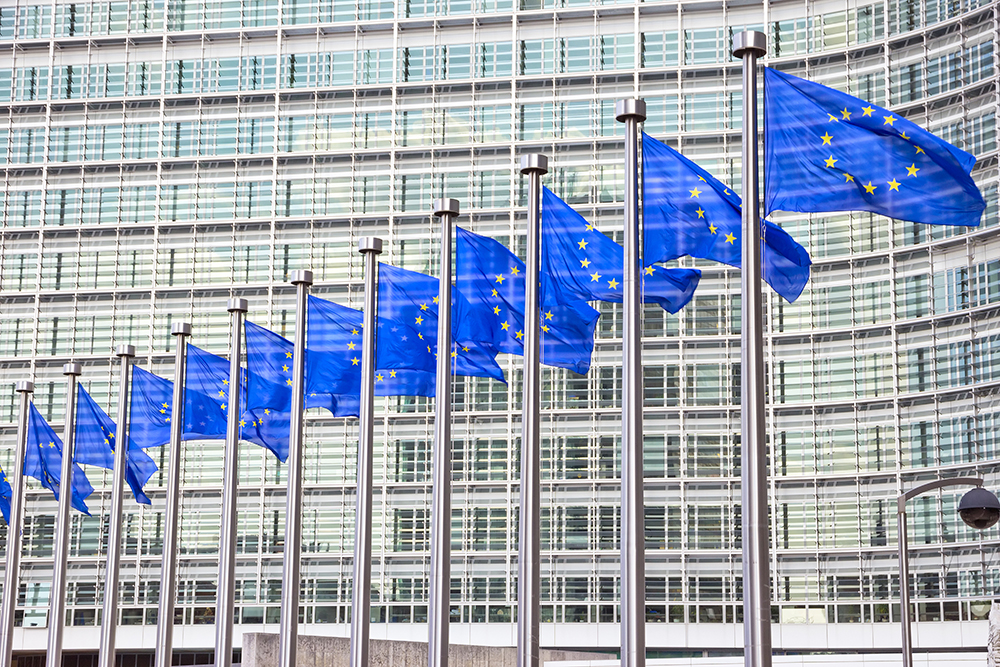This new integrated approach approved by the European Parliament on 8 September 2015:

Stresses the importance of developing a true democratic and participative narrative for European heritage, including that of religious and ethnic minorities; draws attention to the presence of heritage sites which embed different or contested pasts, and highlights that reconciliation processes should not lead to a suppression of historical consciousness of communities; invites the Member States to reflect on the ethics and methods of presentation of the cultural heritage and to take diversity of interpretations into account;
Affirms that religious heritage constitutes an intangible part of European cultural heritage; stresses that the importance of places, practices and objects linked to religious practices should not be disregarded in a discourse of European cultural heritage or be subjected to any form of discriminatory treatment;
Considers that historical religious heritage, including architecture and music, must be preserved for its cultural value, regardless of its religious origins;
Emphasises the importance of intercultural dialogue both within and outside Europe, and believes the Union should promote such dialogue as an appropriate tool against radicalism of whatever origin;
Draws attention to the specific characteristics of national minorities in the Member States regarding cultural heritage; calls, accordingly, for the preservation of their cultural heritage and for the promotion and protection of cultural diversity;
Stresses that cultural discrimination against religious and ethnic minorities should be avoided;
Stresses that cultural tourism has a major role to play in preserving and realising the value of our cultural heritage, which includes not only the physical heritage and landscape, but also the intangible heritage, such as languages and religious and culinary traditions;
Calls for a strong commitment on the part of the Member States, the EU and the international community to prevent, protect, document and restore in cases in which EU cultural heritage or that of non-member countries is intentionally threatened and damaged as an act of war and violation of cultural and religious identity, also by cooperating with international organisations such as ICCROM, ICBS (International Committee of the Blue Shield), civil and military authorities, cultural institutions and professional associations.





Follow us: